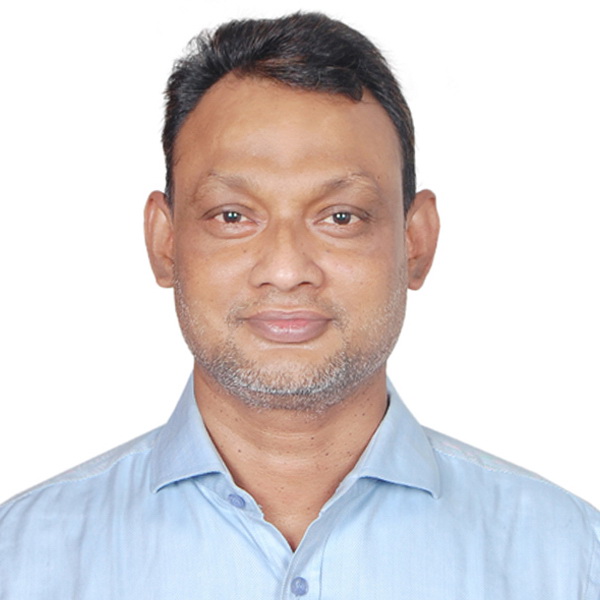Keep a close eye on Myanmar: Experts

Lead security experts of the country have suggested that the government should keep a close eye on the latest developments in Myanmar as the military is feared to linger Aung San Suu Kyi-led National League for Democracy’s taking office for the second term after the party’s landslide victory in the November general election.
It is assumed that the Myanmar military might contemplate creating a situation against the smooth transfer of power.
Calling Myanmar an unpredictable neighbour, the experts opined that if that country’s military makes any fresh deployment near the Bangladesh borders, Dhaka should reinforce the military position on the borders too.
Dhaka deftly handled the situation, which arose after the sudden influx of over one million Rohingyas into Bangladesh, maintaining utmost friendly relations.
Veteran security expert Lt General (rtd) Abdur Rashid said, “Internal solidarity is a must for engaging in any military conflict. But at present, Myanmar military forces have no such domestic solidarity to get in any conflict.”
Given the situation, he sees no chance for Myanmar to be hostile against Bangladesh.
Sources in Myanmar said a contingent of army has been deployed last week in the border area.
Experts said Myanmar military will lose global support if they go for any action, which collides with democracy and human rights.
Even the recent tripartite meeting could not yield any result so far. Myanmar is so defined that she does not respect any party’s suggestion for permanent solution to the Rohingya problems, said a diplomat participating in the tripartite meet.
“We know there are immense pressures from the international community on Myanmar to solve the Rohingya crisis. China is also involved in the negotiation process. Considering these factors, Myanmar military authorities should be rational at every step,” said Professor Dr Amena Mohsin, a former chairman of the International Relations of Dhaka University.
“So I don’t see any possibilities of lower-scale attack from the Myanmar side,” she said.
She suggested solution to all the crises through peaceful dialogues.
Dr Amena Mohsin underscored, “Our forces have also been deployed in the boarder. But if Myanmar forces carry out any lower-scale attack on us, we must retaliate.”
Prof Dr Delwar Hossain, another former chairman of International Relations of Dhaka University, said, “I don’t see any possibilities of border clashes between Myanmar and Bangladesh at present.”
There are many quarters inside and outside Myanmar which want a solution between the Myanmar military forces and NLD, he said.
“China and India have huge investment in Myanmar. There are many other small but influential neighbours like Thailand, Japan and Singapore. They are unlikely to see any military conflict,” Dr Delwar said.
“Besides Myanmar military forces can’t afford any war at the moment,” he added.
A senior official of Boarder Guard of Bangladesh (BGB), who works on the Bangladesh-Myanmar borders, told Bangladesh Post that there was no additional deployment of Myanmar force near Bangladesh borders.
He, however, hinted that Myanmar military forces might have made additional deployment across that country considering the current situation arising after the election victory of Suu Kyi.
“It is totally their internal issue,” he said.
Myanmar’s newly elected parliament will sit for the first time on Monday against the backdrop of a threat by the military to stage a coup over unsubstantiated allegations of vote fraud in the latest election, according to the international media.
Earlier on Thursday, the military’s commander-in-chief Senior General Min Aung Hlaing plunged the country into its greatest political crisis since the transition to democracy began in 2008 by threatening the Constitution.
The incident came after a month-long campaign to discredit the November election, despite no firm evidence of wrongdoing exists.
The military’s electoral proxy, the Union Solidarity and Development Party (USDP), has demanded a new election supervised by the military, filed nearly 200 complaints, and took the issue to the Supreme Court.
NLD won a resounding victory in the Nov 8 polls, only the second election deemed free and fair by international observers since the end of direct military rule in 2011.
But allegations by the army of widespread vote fraud, which the electoral commission denies, have led to the direct confrontation yet between the civilian government and the military.


